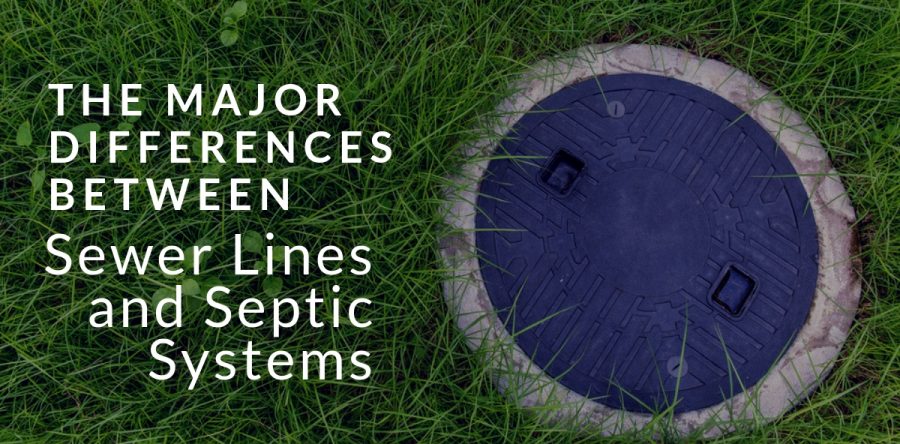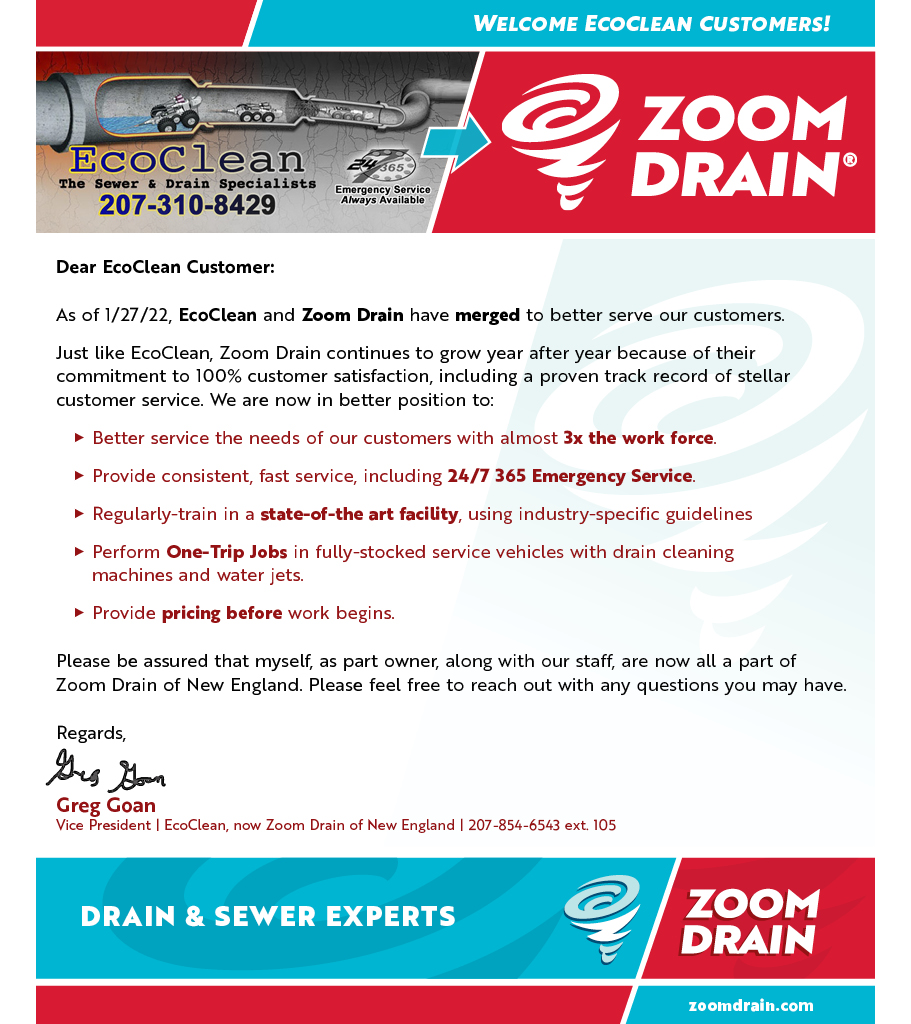Sewer and septic systems are both drainage systems that remove wastewater from a residential or commercial property. Sewer and septic systems do offer similar benefits. Firstly, they both filter flushable water and the water from your sink and shower drains. Both systems also offer a reliable drainage of wastewater. However, there are several key differences to know between the two systems.
A sewer system is funded and maintained by a city or county. The solid and liquid waste from your plumbing are carried away into a larger line and into a treatment facility. There it is processed, clean water is returned to the ecosystem, and the byproducts of the liquids and solids are disposed of.
Pros:The advantages of a sewer service include limited upkeep for the homeowner, worry-free waste removal, and no tanks or waste fields on the property.
Cons: This service comes with fees, usually between 50-60% of the base amount of usage.
A septic system is a system installed on the property of the homeowner. It includes an in-ground tank, dispersal box, and a leach field. The home’s main sewer line will connect to the tank. The tank will separate the liquids and solids, which will then flow into the dispersal box and return to the water supply thanks to the leach field. Solids that build up in the bottom of the tank are broken down by bacteria.
Pros: Huge advantages to a septic system are the flexibility of its location. It can be installed just about anywhere, no matter how isolated or rural the spot. A septic system doesn’t add to utility bills since it’s not maintained by a water company.
Cons: Disadvantages include maintenance by the homeowner. Duties include adding chemicals to the system periodically and being pumped every 3-5 years to prevent solids from entering the leach field and causing a costly repair.
EcoClean is available to help with any problems with your drains and lines. If you’re experiencing clogging or in need of cleaning or service maintenance, give us a call today!


